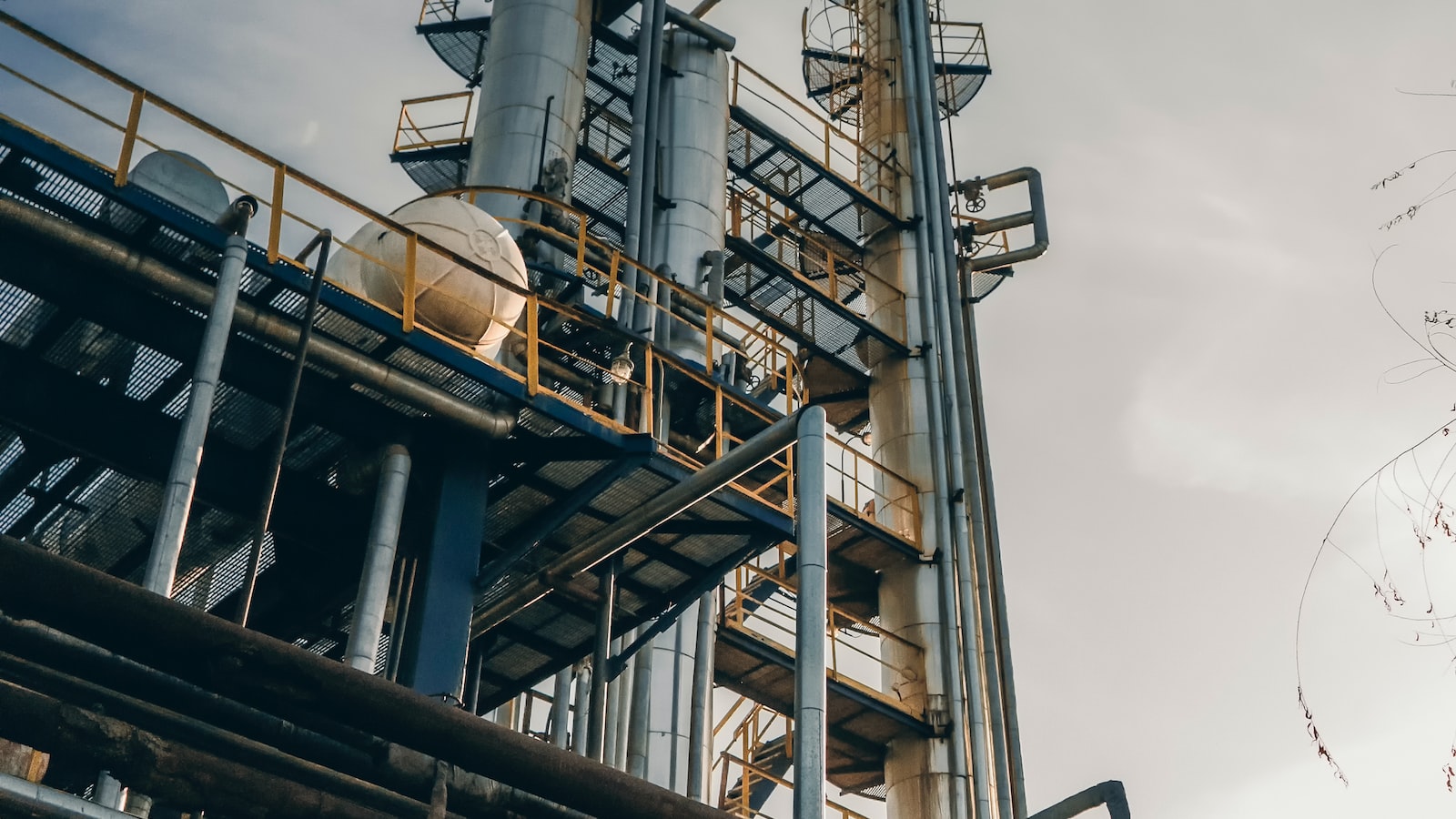Agriculture plays a critical role in meeting the world’s growing demand for food, feed, fiber, and fuel. In recent years, there has been a growing concern about the environmental impact of conventional agricultural practices, leading to a rise in the emphasis on sustainable farming methods. One area that often sparks debate is the use of petrochemicals in agriculture.
The Role of Petrochemicals
Petrochemicals, derived from petroleum, are widely used in agriculture for various purposes. They are primarily used in the form of fertilizers, pesticides, and herbicides. These chemical substances are essential for increasing crop yields, controlling pests and diseases, and maintaining soil fertility. However, their usage has both positive and negative implications for sustainable farming practices.
Benefits of Petrochemicals
The use of petrochemicals in agriculture has undoubtedly contributed to the significant increase in crop productivity over the past century. Synthetic fertilizers, such as nitrogen-based compounds, have played a crucial role in addressing food security challenges by providing plants with essential nutrients to support healthy growth. Additionally, pesticides and herbicides have helped protect crops from devastating diseases, weeds, and pests, reducing crop losses and ensuring higher yields.
Environmental Concerns
While petrochemicals have undeniable benefits, their continuous and unrestricted usage raises various environmental concerns. The production and use of these chemicals contribute to greenhouse gas emissions, air pollution, water contamination, and soil degradation. Moreover, excessive and inappropriate application of fertilizers and pesticides can disrupt delicate ecosystems, leading to adverse effects on biodiversity and pollinator populations.
Towards Sustainable Farming
Addressing the challenges associated with petrochemical use in agriculture requires a shift towards more sustainable farming practices. Farmers, researchers, and policymakers are increasingly exploring and adopting alternative approaches that minimize the negative impacts on the environment, human health, and wildlife while maintaining high crop productivity.
Organic Farming
Organic farming is gaining popularity as a sustainable alternative to conventional agriculture. It eliminates the use of synthetic fertilizers and pesticides, relying instead on natural techniques such as crop rotation, green manure, and biological pest control. Organic farming promotes soil health, reduces water pollution, and conserves biodiversity. While organic farming may have slightly lower yields compared to conventional methods, the long-term benefits it offers make it a viable option for sustainable agriculture.
Integrated Pest Management (IPM)
Integrated Pest Management is another sustainable approach that aims to minimize the use of chemical pesticides. It combines various pest control strategies, including biological controls like natural enemies, crop rotation, habitat diversification, and monitoring systems. IPM strategies are tailored to local conditions, reducing the reliance on synthetic pesticides without compromising crop yield or quality.
Precision Agriculture
Precision agriculture involves the use of advanced technological tools, such as GPS, remote sensing, and data analytics, to optimize farming practices. By precisely monitoring and managing resources, farmers can reduce waste and minimize the need for excessive chemical inputs. This approach ensures that fertilizers and pesticides are used only where and when they are needed, minimizing environmental impact while maximizing efficiency.
Conclusion
As the world’s population continues to grow, sustainable farming practices that minimize the environmental impact of agriculture are of utmost importance. While petrochemicals have been crucial in increasing crop productivity, their usage must be managed responsibly to ensure long-term sustainability. Embracing organic farming, integrated pest management, and precision agriculture can offer viable alternatives that mitigate the ecological concerns associated with petrochemical use while promoting sustainable agricultural practices.





